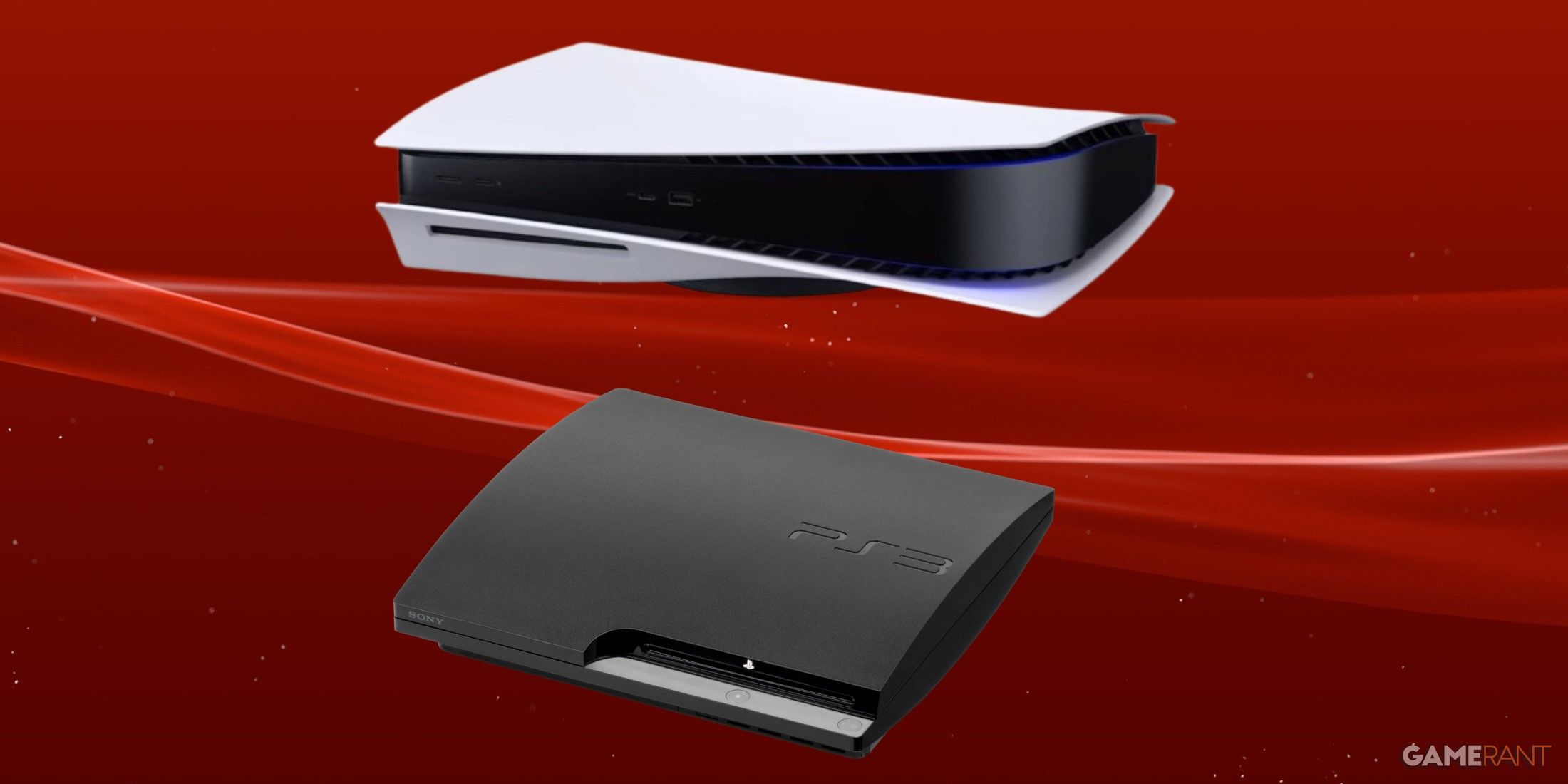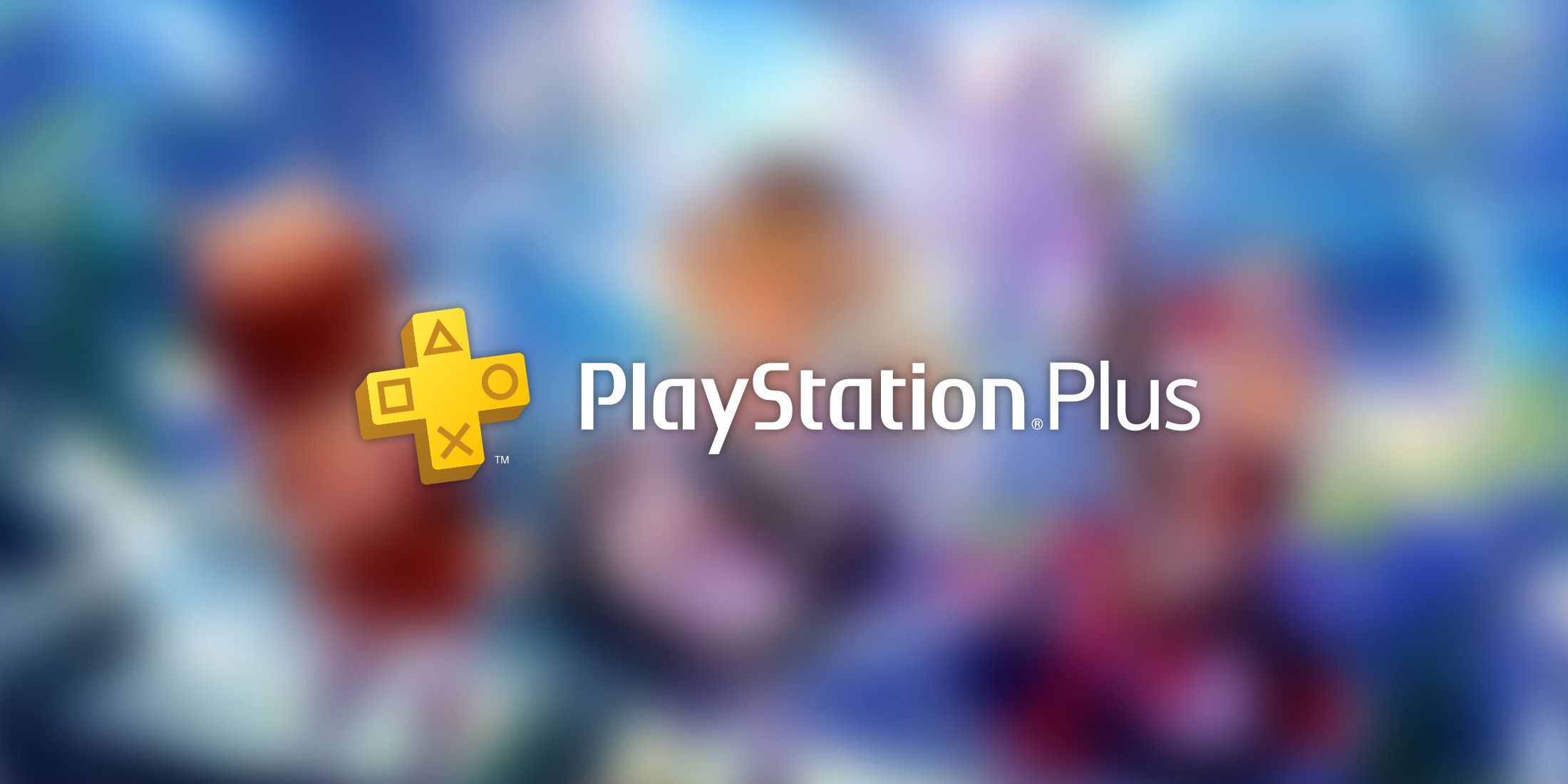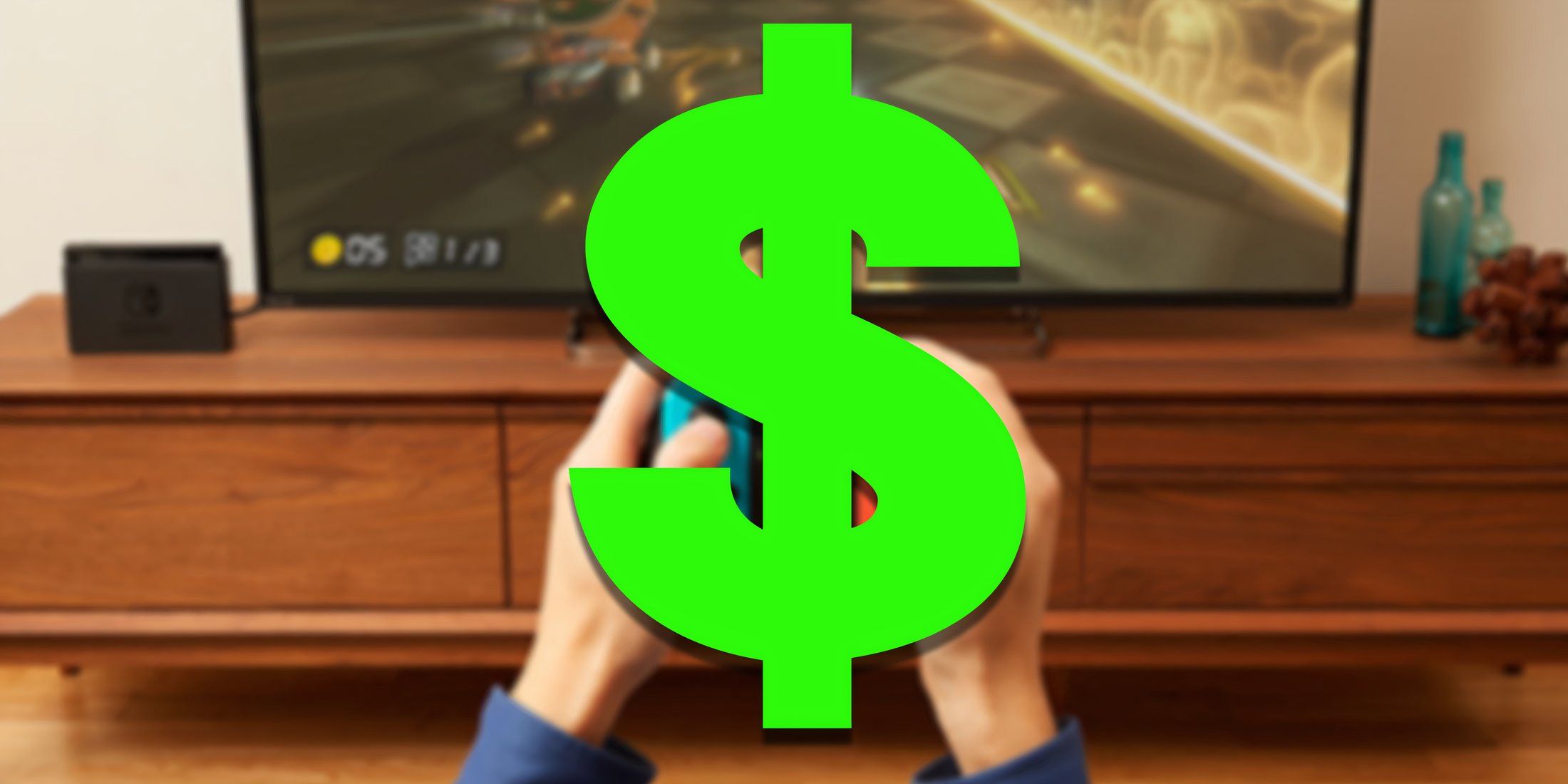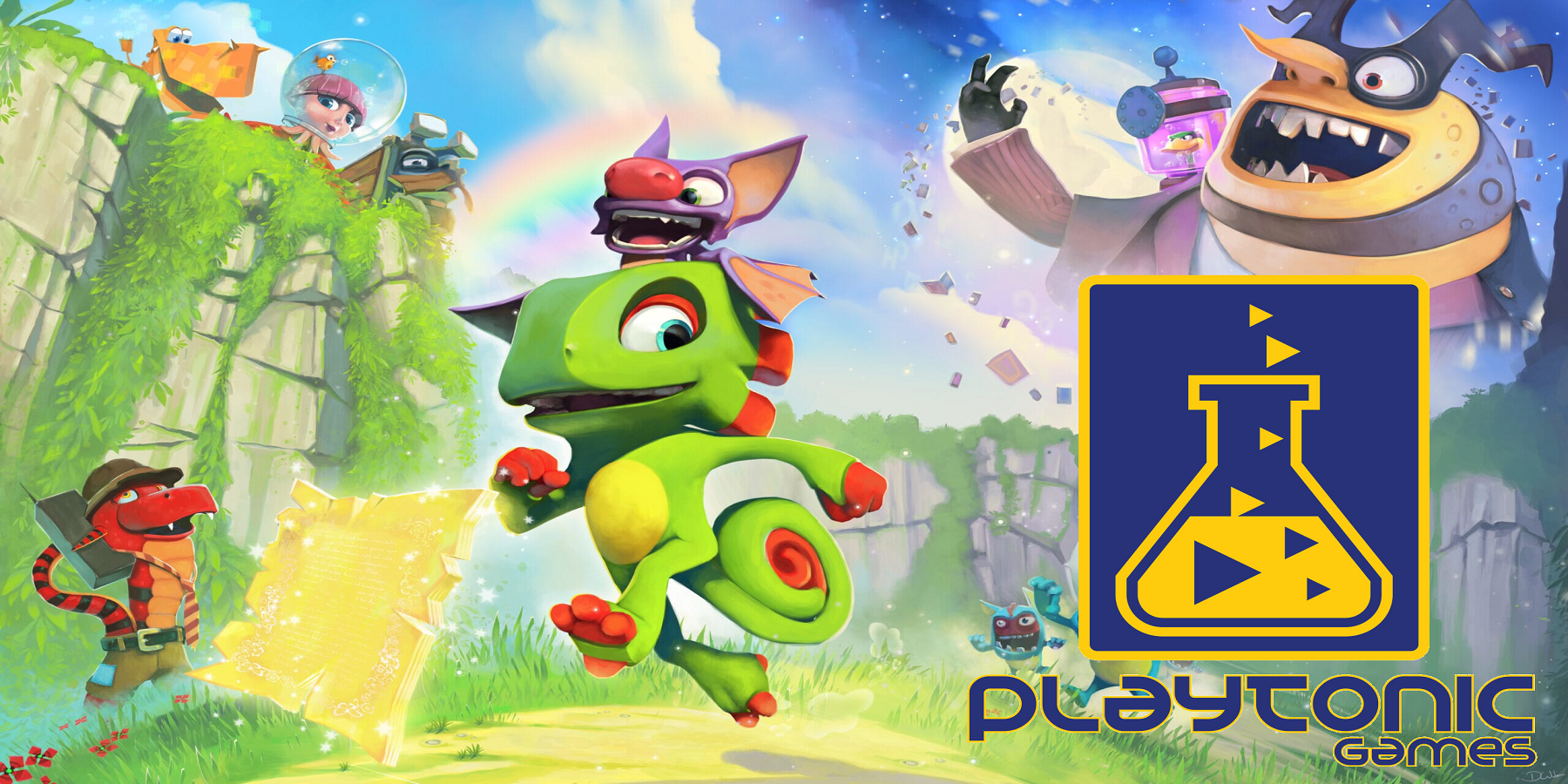The NFT controversy is one of the most talked about topics in the gaming industry, with lots of developers talking about implementing them into their games. However, Yooka-Laylee developer Playtonic Games has publicly declared on Twitter its refusal to implement NFTs and denounced their usage, seemingly in response to a Team17 announcement.
Non-fungible tokens, shortened to NFTs, refers to a process where virtual items such as artwork or in-game items can be auctioned off to the highest bidder. As a form of cryptocurrency, much like bitcoin, the NFT blockchain helps to verify the uniqueness of NFTs through the way they store information. This person then "officially" owns it despite other people being able to use it, like a custom weapon skin. NFTs have been promoted by big companies like Atari, but the controversies surrounding their creation have resulted in a lot of negative backlash from gamers.
NFTs have received a lot of criticism since their conception, in part due to requiring immense amounts of electricity and energy purely to force artificial scarcity for virtual items. The process is tightly linked with cryptocurrency, which adds to the growing controversy surrounding NFT efforts. Playtonic Games' official statement is a clear sign of its refusal to get involved with them.
Despite gaming companies interested in NFTs receiving lots of stark backlash, the vast amounts of advertising and endorsements that surround NFTs across different sectors have generated a lot of buzz. One example of this is Ubisoft's continued defense of Quartz NFT implementation, which is seemingly set and doesn't show any signs of finishing up soon.
The promise of making money by buying and selling in-game NFTs has been overshadowed by controversy, with gamers and non-gamers alike calling it a "pump-and-dump'"gambling system. This is reminiscent of the recent "lootboxes" controversy, which promoted the use of real world currency for the chance to get rare game items. Along with Playtonic Games' stand against NFTs that other platforms like Steam have taken, the NFT gaming controversy is likely to continue well into 2022. Regardless of the anti-NFT stance that Playtonic Games is taking, NFTs are clearly here to stay for the foreseeable future.




